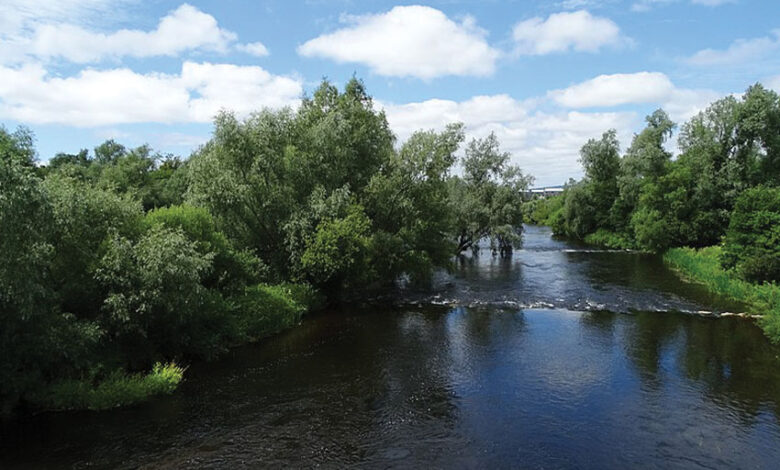Ireland chastened by European Commission

The European Commission has reiterated that the Government must quicken its pace with regard to the publication of its latest river basin management plan as a 2027 deadline for all inland and coastal waters to achieve at least good status looms large.
The latest warning from the European Commission was communicated to Ireland and seven other laggard EU member states in September 2023, stating that the failure of these member states to publish finalised river basin management plans was in violation of both the EU Water Framework Directive and the EU Floods Directive.
The Commission’s latest rebuke of Ireland in this arena stems from the Government’s failure to finalise its River Basin Management Plan, which has been available in draft form since 2021. With the plan originally set to cover the period from 2022 to 2027, its publication and implementation will be key to either achieving or failing the 2027 deadline set out in the Water Framework Directive. The Directive requires that all inland and coastal waters reach at least good status by 2027.
Significant improvement in the ecological status of rivers and loughs will be required within the State if the target of all inland and coastal waters being in good standing by 2027 is to be met. Central Statistics Office data shows that just 51 per cent of monitored river water bodies were classified as reaching “good or high” status between 2016 and 2021, with the remaining 49 per cent classified as moderate, poor, or bad. The data, published in August 2023, also found that conditions in rivers were deteriorating, with 9 per cent fewer river water bodies reaching good or high status when compared to 2010-2016. Loughs, in contrast, saw a 4 per cent increase in the number in good or high status.
The transposition into national law of the Directive has been a 20-year process of delay and criticism between the State and the European Union. Despite the State initially transposing the legislation in line with the original 2003 deadline, the European Commission found the legislation to be insufficient and sent a letter of formal notice to the Government in 2007, with a reasoned opinion following in 2011. Following amendments to the legislation, the Commission sent an additional letter of formal notice to Ireland in 2019, followed by another reasoned opinion in 2020.
Despite “some progress” with 2022’s Water Services (Amendment) Act and the Framework for the Future Delivery of Water Services, the Commission stated in January 2023, while referring Ireland to the European Court of Justice, that the State has “not yet fully addressed the grievances” and that efforts to do so have been “to date been unsatisfactory and insufficient”. The areas named by the Commission as needing further attention are: water abstraction; impoundment; and activities causing hydro-morphological changes such as dams, weirs, and other interferences in natural water flow.





